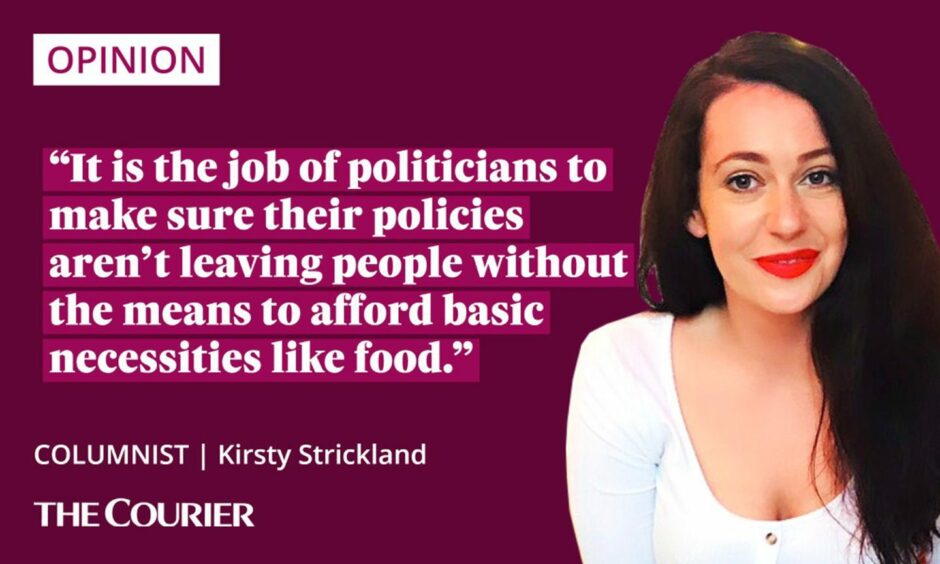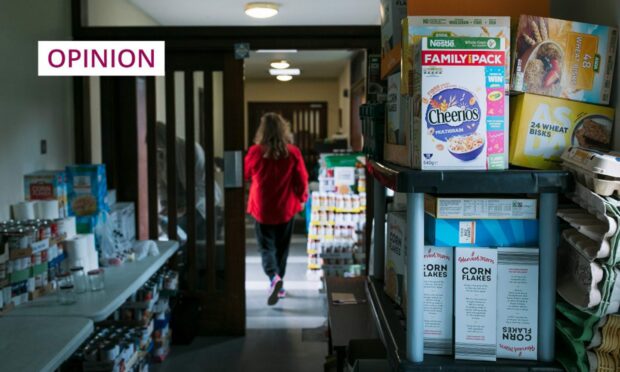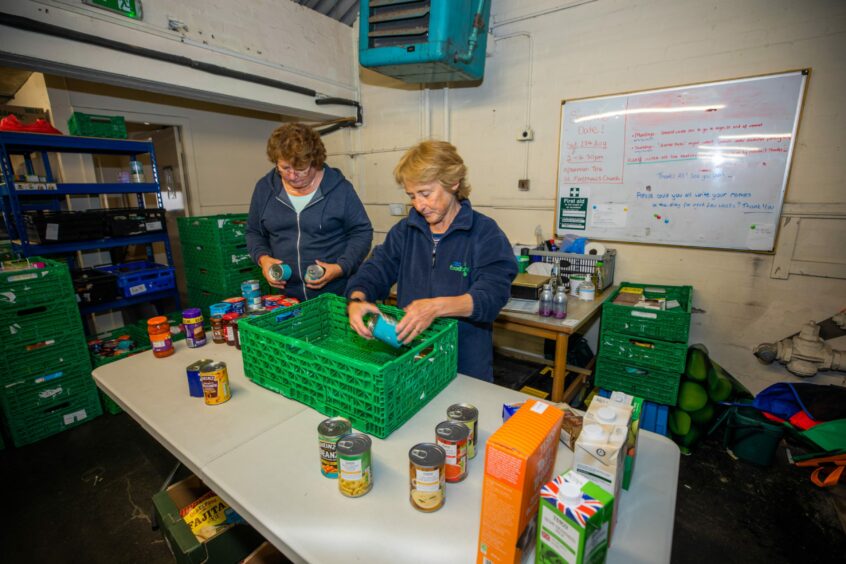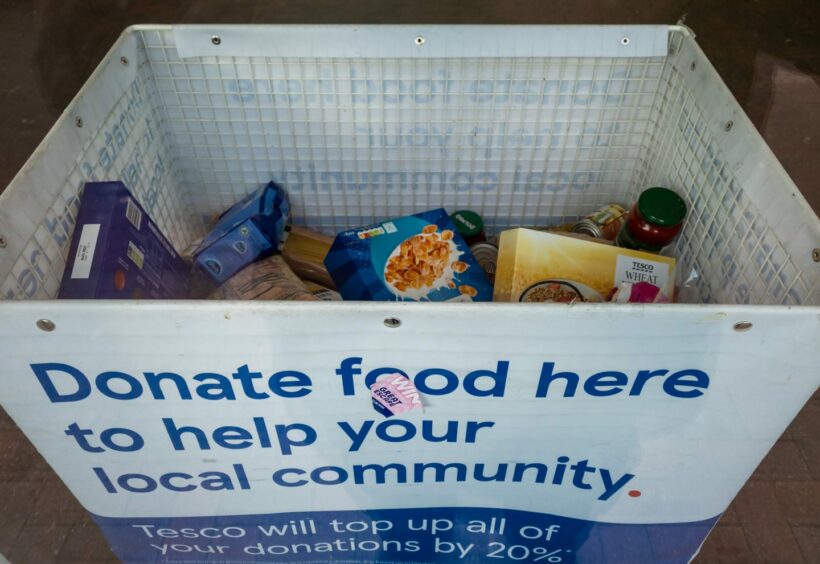When did we start assigning specific duties and celebrations to random days of the year?
The internet tells me today is National Coffee Ice Cream Day. Glad tidings to all who celebrate.
It is also Fight Procrastination Day. Which must be confusing for people who like to skive off work for a coffee ice cream.
But alongside the jokey celebrations that nobody pays much attention to, these national days do offer opportunities to highlight worthwhile causes and concerns.
Last week, we marked National Foodbank Day.
I won’t say ‘celebrated’. Because the fact that one of the richest countries in the world is so reliant on charity to keep the nation fed is a shameful indictment of the priorities of our politicians.

It was also a timely reminder of the tireless work of volunteers across the country, who are now the last line of defence against hunger and destitution.
As the cost of living crisis grows – and is predicted to get worse over winter – we need foodbanks more than ever.
But we are seeing a crisis within a crisis.
These services rely on ordinary people picking up a few extra food items during their weekly shop and adding them to the foodbank collection.
They are kept running through the generosity of the very people who right now will be feeling the squeeze, and worrying about how they are going to afford to heat their homes in the months ahead.
National Foodbank Day follows years of inaction
I recently went through the induction process to become a volunteer at my local foodbank.
I thought I was relatively well-informed about the scale of poverty across the UK, having written about it often.
But I was shocked to hear how many families had accessed the service in the last year – and how sharply demand has increased in recent months.
Of course, those who can afford to donate food or time or money to their local foodbank absolutely should.
But the reason these services are needed in the first place is because of political failure and inaction.
One of the main drivers of foodbank use is delays or sanctions to benefit payments.
That’s something that the government could address now.
The first cost of living payment made some difference to the people coming to @CitizensAdvice for help. Calls to our food bank helpline plummeted as they started clearing bank accounts. For about 3 weeks.
But now, we’re at just the same level of demand as we were before: pic.twitter.com/2BaZ0c2Z66
— Morgan Wild (@morgan_wild) September 2, 2022
The Tories can’t blame the war in Ukraine for their long-standing failure to treat those on low incomes with dignity and respect.
Foodbank rise is down to political failings
This week, we will find out if new Prime Minister Liz Truss has a credible plan to deal with the cost of living emergency.
A few tax cuts for the wealthy and an anti-woke agenda won’t keep the lights on this winter.
Her party has got away with outsourcing its responsibilities for too long.
Last week, an Independent Food Aid Network poll showed 90% of independent foodbanks had seen an increase in demand since April.
Two thirds said they might not be able to support everybody who needs help in the coming months.
The poll also revealed foodbanks are struggling with fewer food and financial donations.
Some said they might need to reduce the amount of food in parcels to cope with demand.
It is the job of politicians to make sure their policies aren’t leaving people without the means to afford basic necessities like food.
It’s about time they took that job seriously.
Foodbanks are places of care and compassion. And thank God they are there for people in their time of need.
But let’s never forget that the only reason we need them is because our politicians have failed to live up to their responsibilities.













Conversation